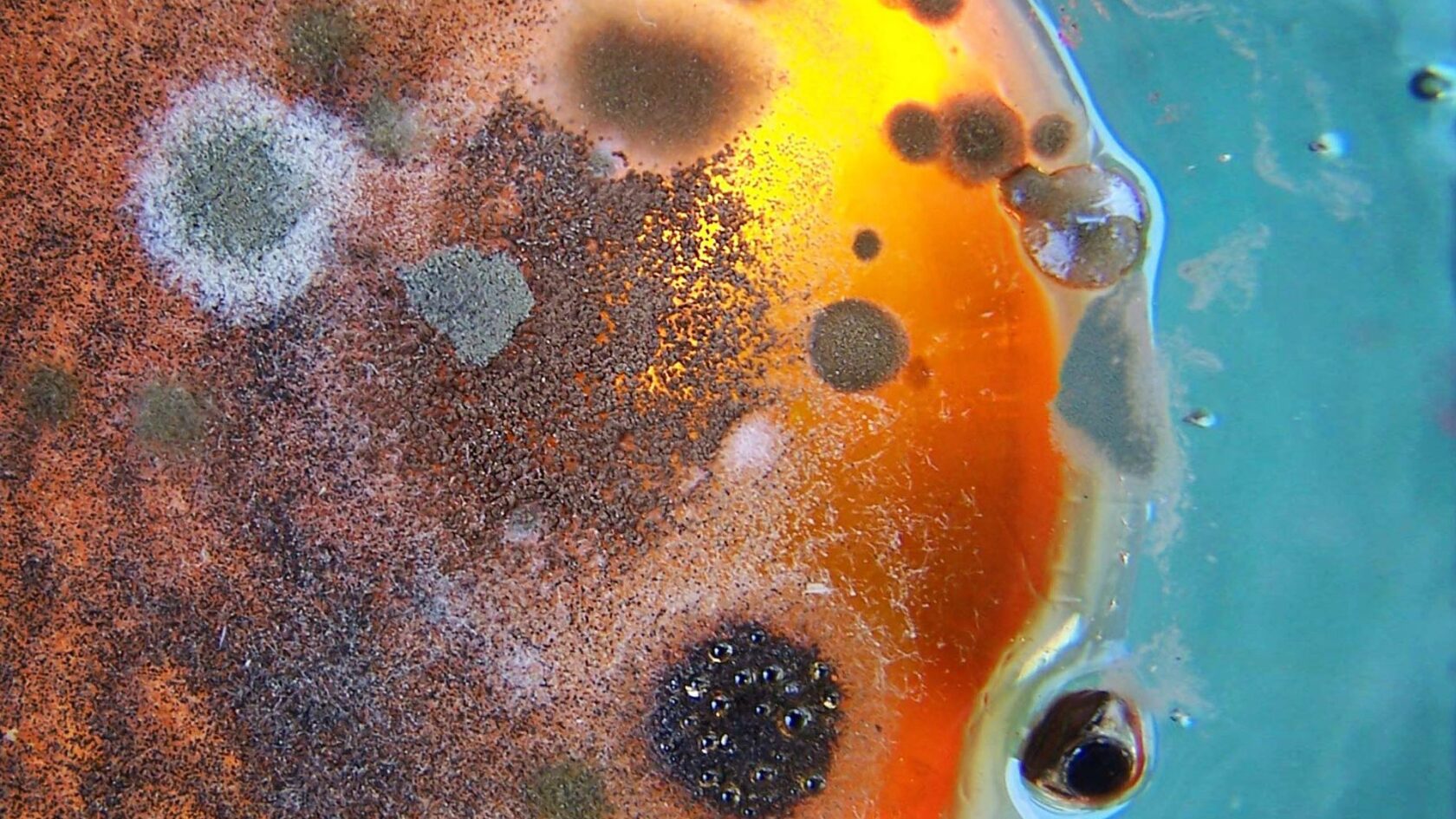- +1 613-883-7409
- info@miracledreamhomes.com
- Sat- Mon : 09am - 23.00 pm

October 7, 2023
In the vast ecosystem of a house, even the smallest of problems can snowball into larger issues if left unchecked. One of these issues, which homeowners often underestimate, is the connection between poor plumbing and the onset of mold. While a dripping faucet or a slight leak under the sink might seem benign, the implications of leaving such issues unresolved can be severe.
Understanding the Connection
To appreciate the relationship between bad plumbing and mold growth, one must first understand the basic requirements for mold to thrive. Mold spores are ubiquitous in the environment, and they only need three things to grow: moisture, a food source, and the right temperature. Unfortunately, houses, with their wooden structures, drywall, and carpeting, provide an abundant food source for mold. Once you introduce moisture into this environment – often courtesy of a plumbing leak – the conditions become ideal for mold growth.
Water leaks from bad plumbing can lead to persistent dampness in areas like walls, floors, and ceilings. This moisture-rich environment not only attracts mold but also provides the perfect breeding ground for it to multiply. If the source of the leak is hidden, such as behind a wall or under a floor, the mold may flourish undetected, affecting the air quality in the home and potentially leading to health issues for its inhabitants.
The Health Implications
Mold isn’t just an aesthetic concern. It’s a significant health risk. Exposure to mold can lead to a host of respiratory issues, especially for those with allergies or asthma. Symptoms include sneezing, coughing, skin rashes, and eye irritation. Over prolonged exposure, mold can exacerbate asthma or lead to the development of more chronic respiratory conditions. Moreover, certain molds produce mycotoxins, which can be particularly harmful when inhaled.
The Role of Professional Plumbers
It’s clear that prevention is crucial when it comes to mold growth, and this is where the importance of hiring a professional plumber comes into the picture. While DIY approaches may seem attractive due to perceived cost savings, addressing the root cause of a leak or plumbing issue often requires specialized knowledge and equipment.
Professional plumbers:
Detect and Address Hidden Leaks: They have the tools and expertise to locate leaks that might not be apparent to the untrained eye, ensuring that all potential sources of moisture are identified and rectified.
Provide Long-Term Solutions: Rather than offering a temporary fix, a professional plumber will ensure that the root cause of the problem is addressed. This might involve replacing damaged pipes, resealing fixtures, or recommending upgrades that prevent future leaks.
Prevent Further Damage: Timely intervention by a plumber can prevent the escalation of a minor leak into a major home disaster, saving homeowners thousands of dollars in potential repairs.
Mold growth in homes is a silent yet potent threat, and bad plumbing is one of its primary enablers. Ensuring that your plumbing system is in top shape is not just about preventing water wastage or avoiding minor inconveniences; it’s about ensuring the long-term health and safety of your living space. Hiring a professional plumber to address potential issues is an investment in the health and structural integrity of your home. Always prioritize prompt action and professional expertise over temporary fixes, and keep your home mold-free and safe.
